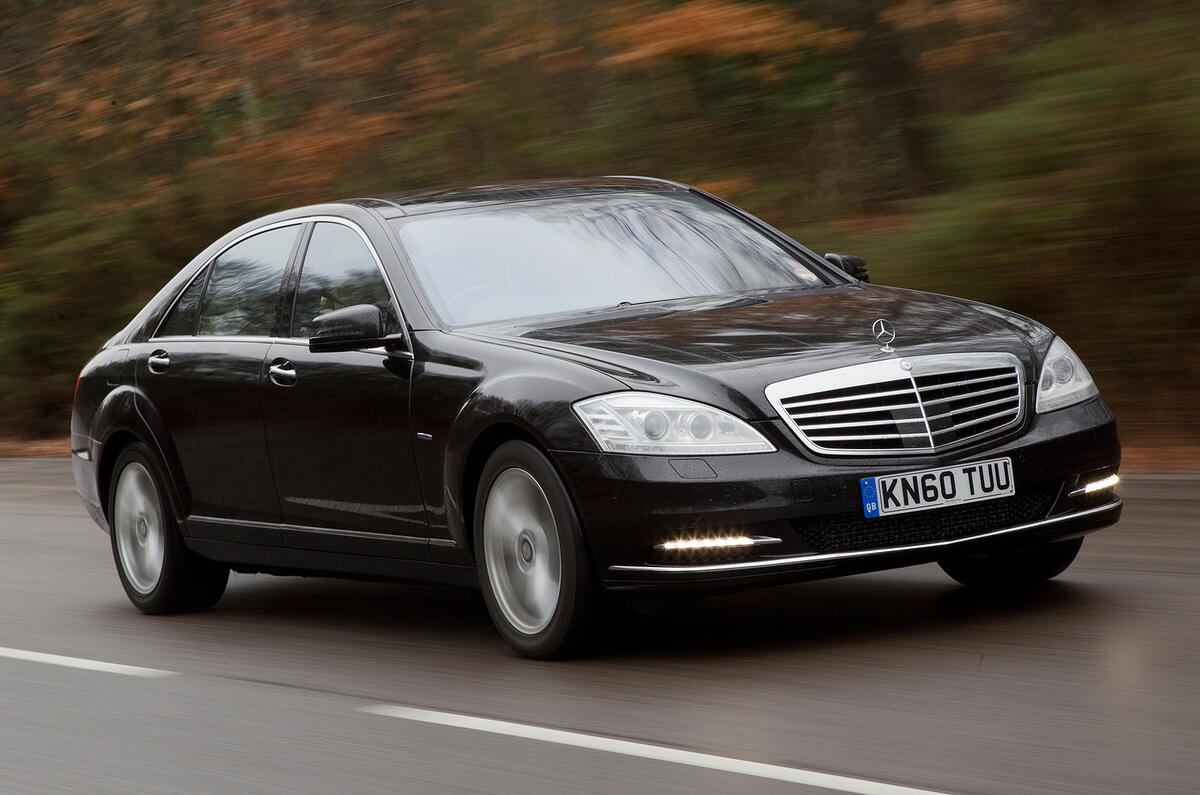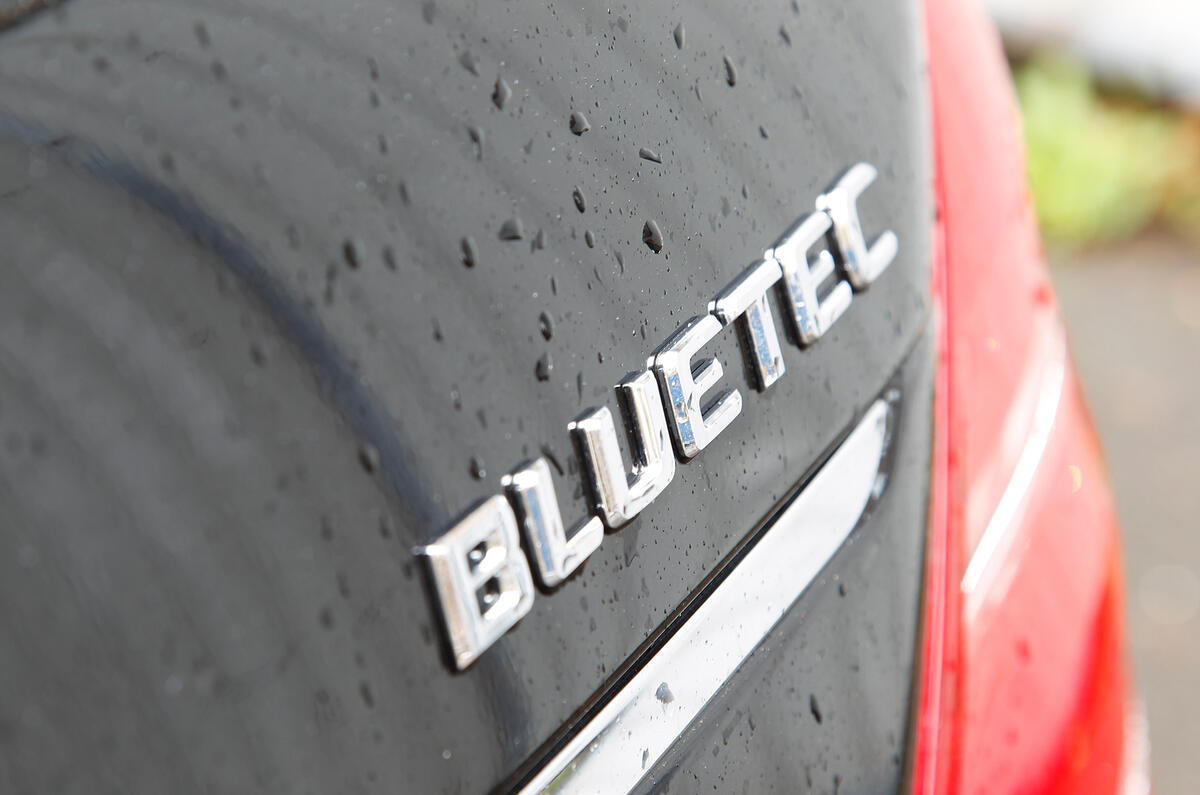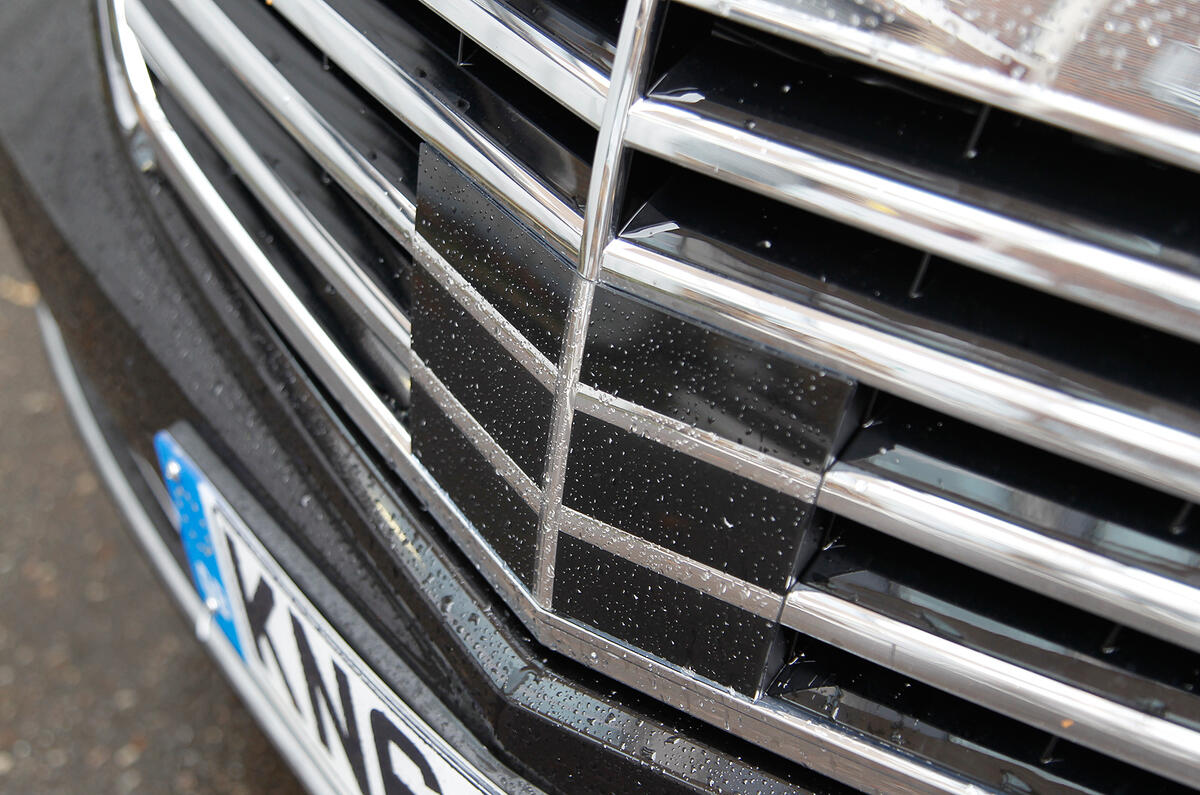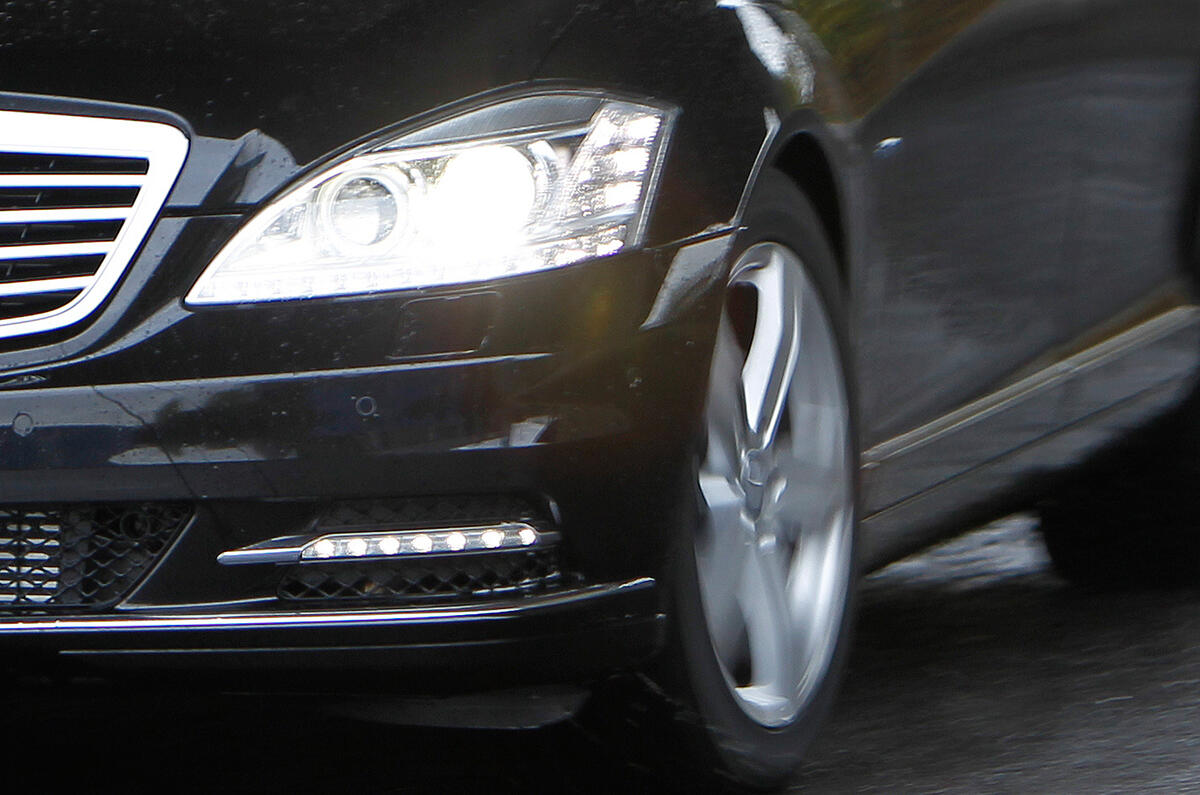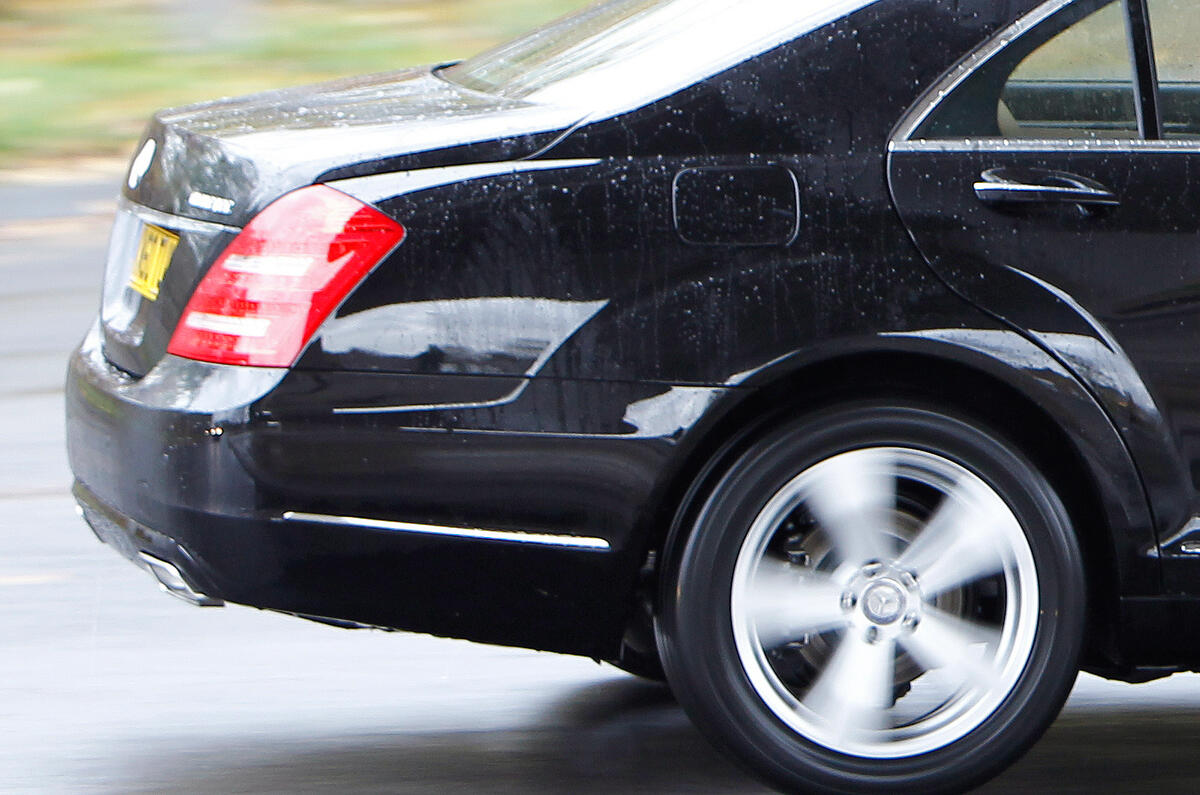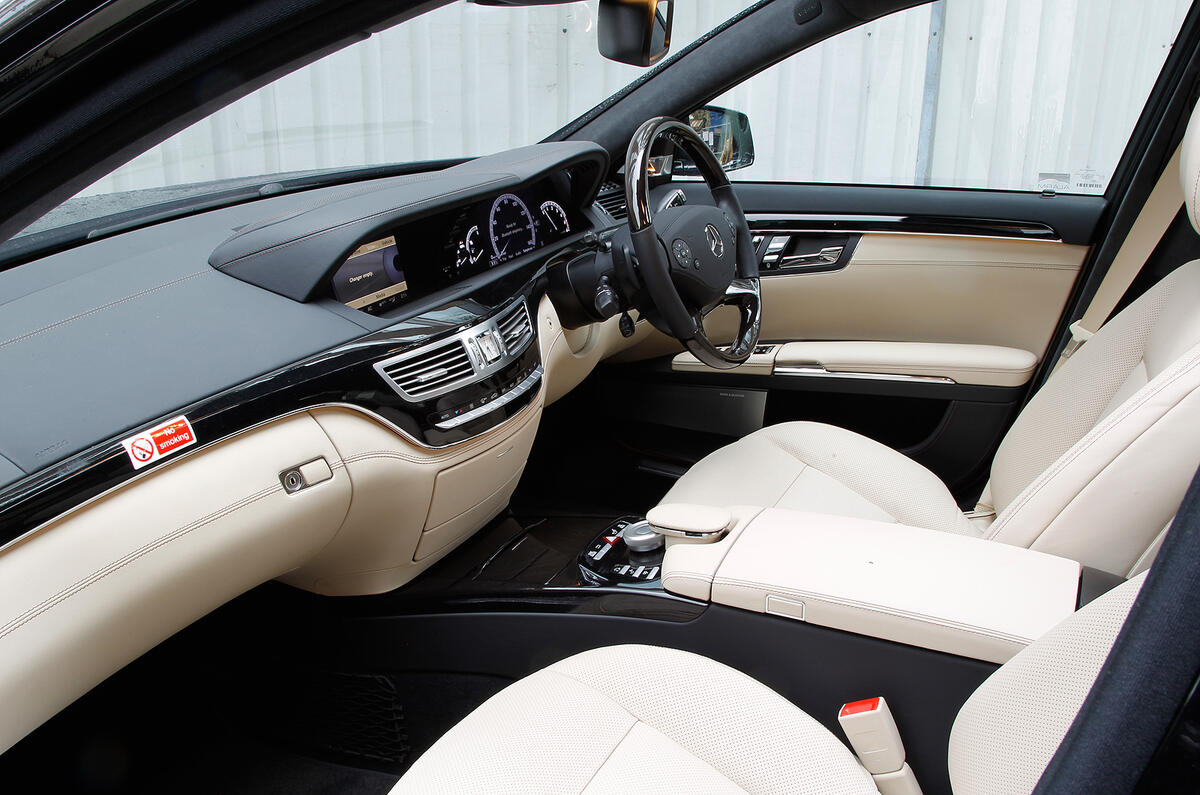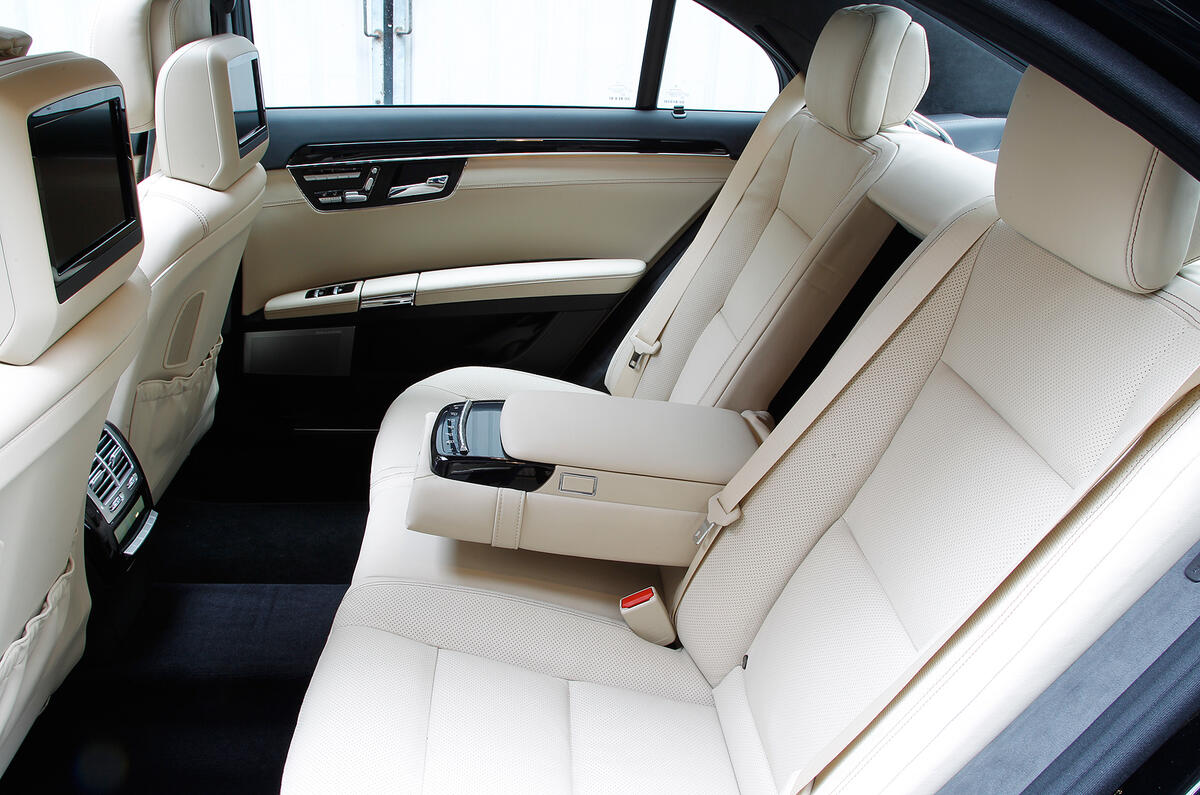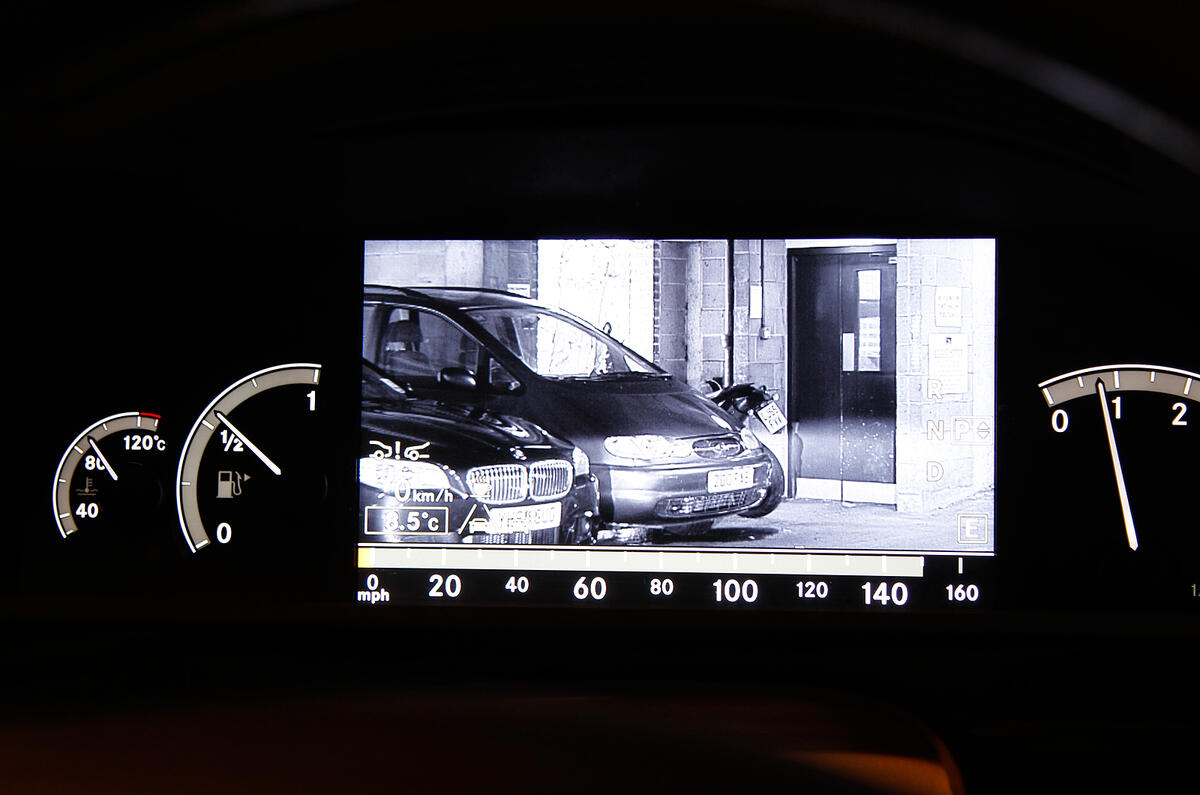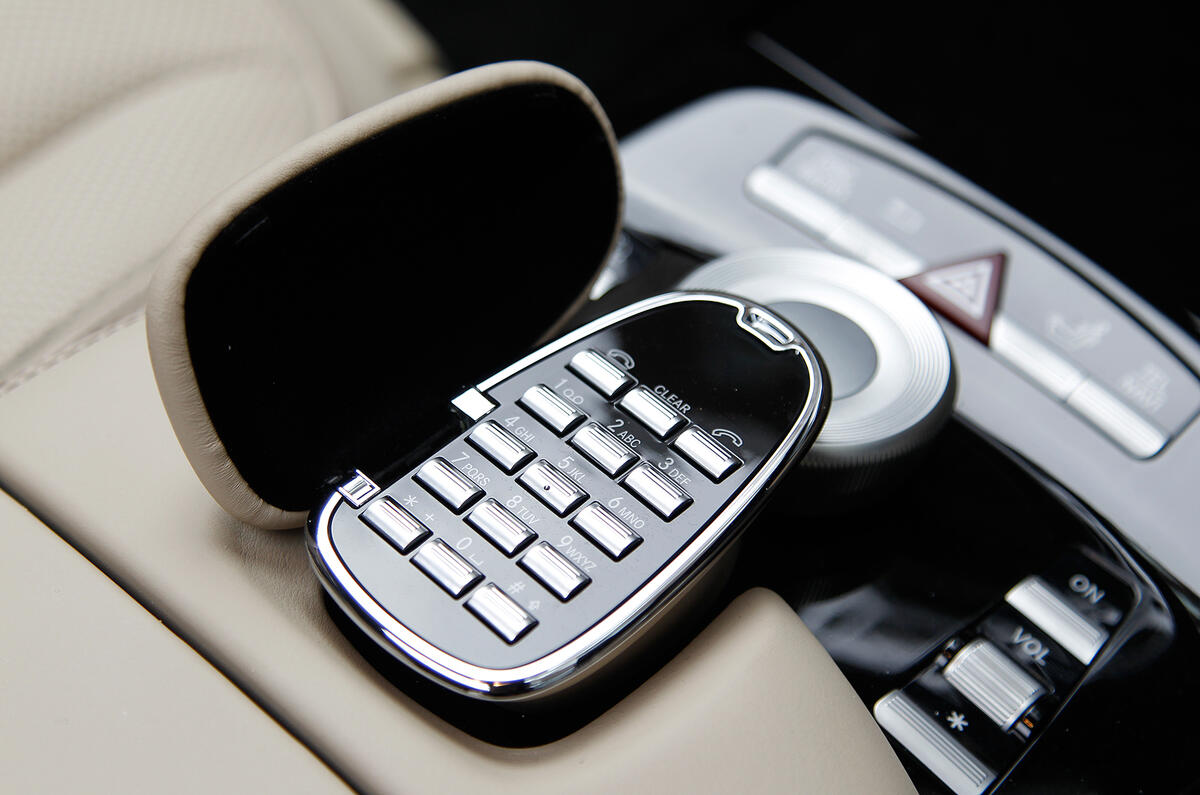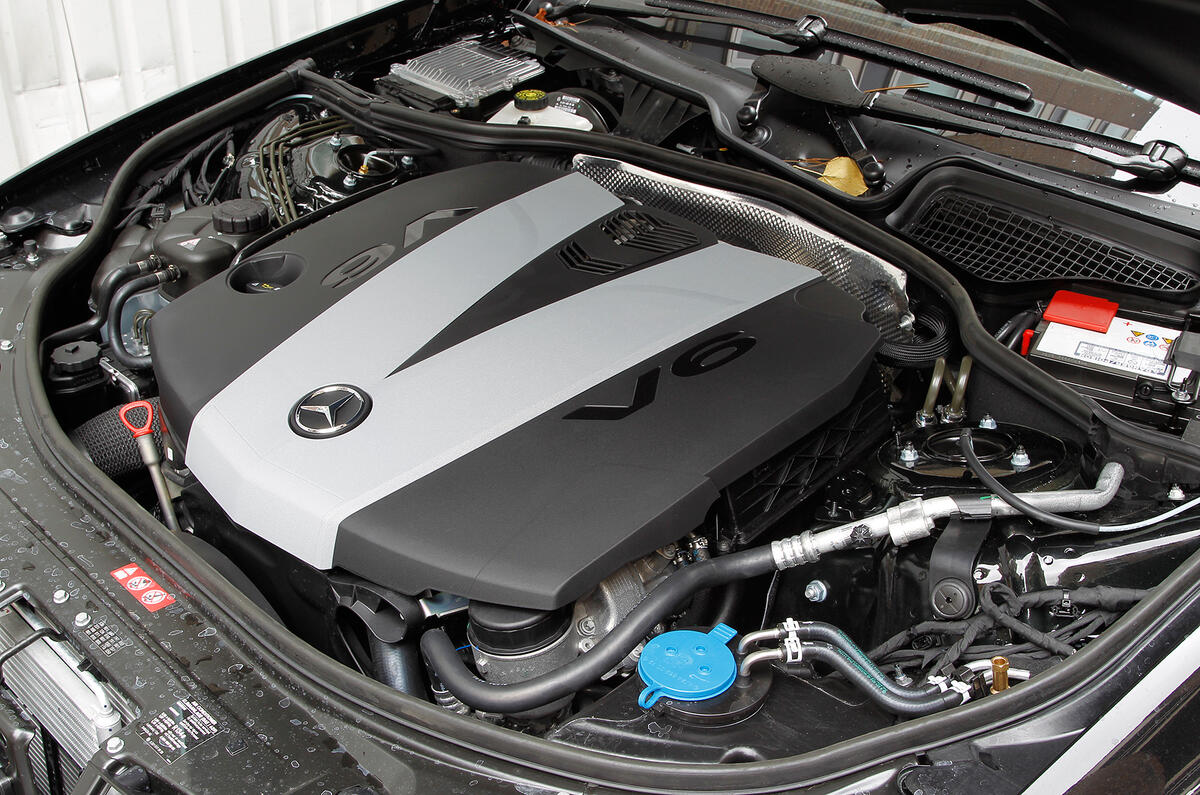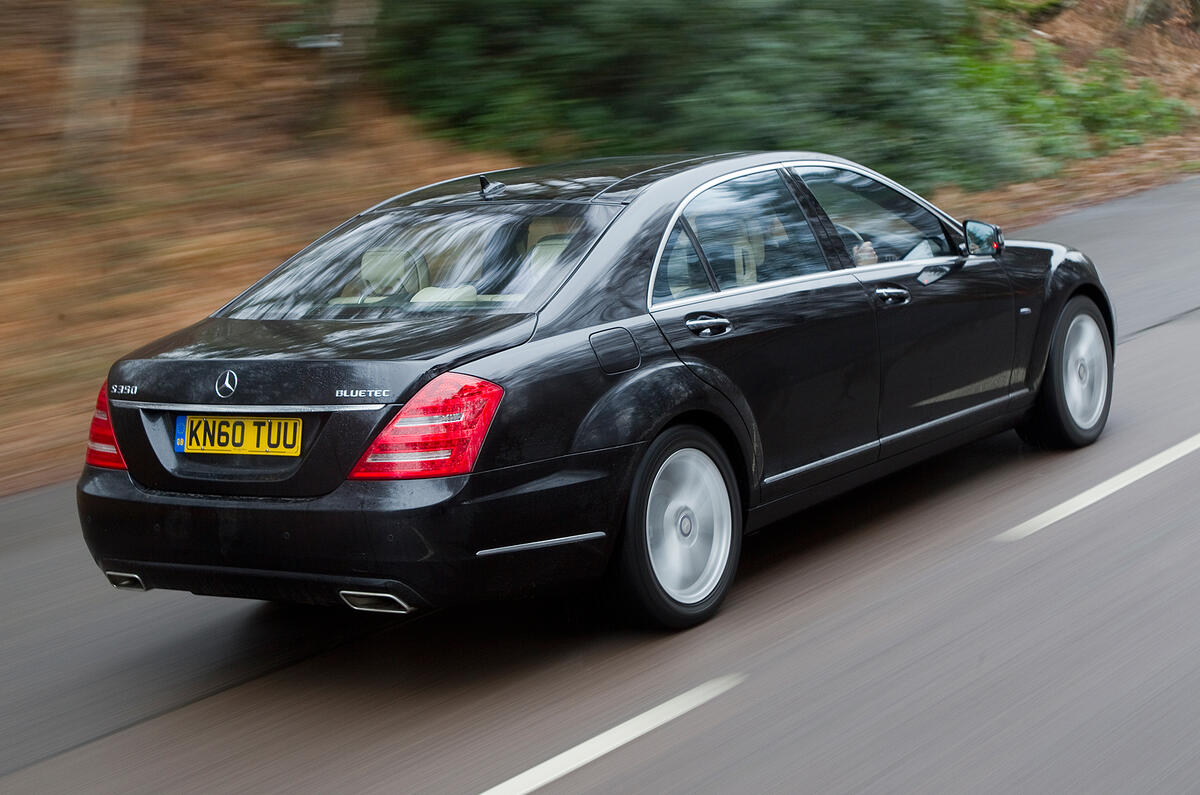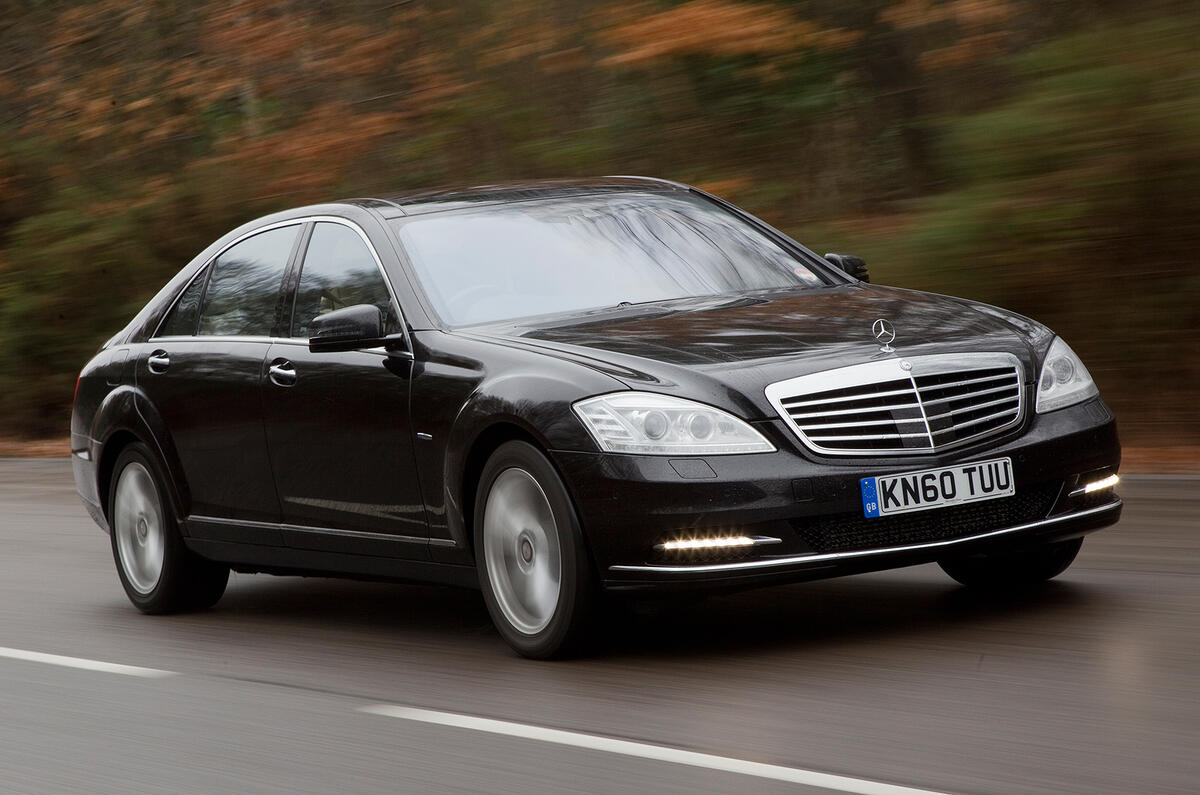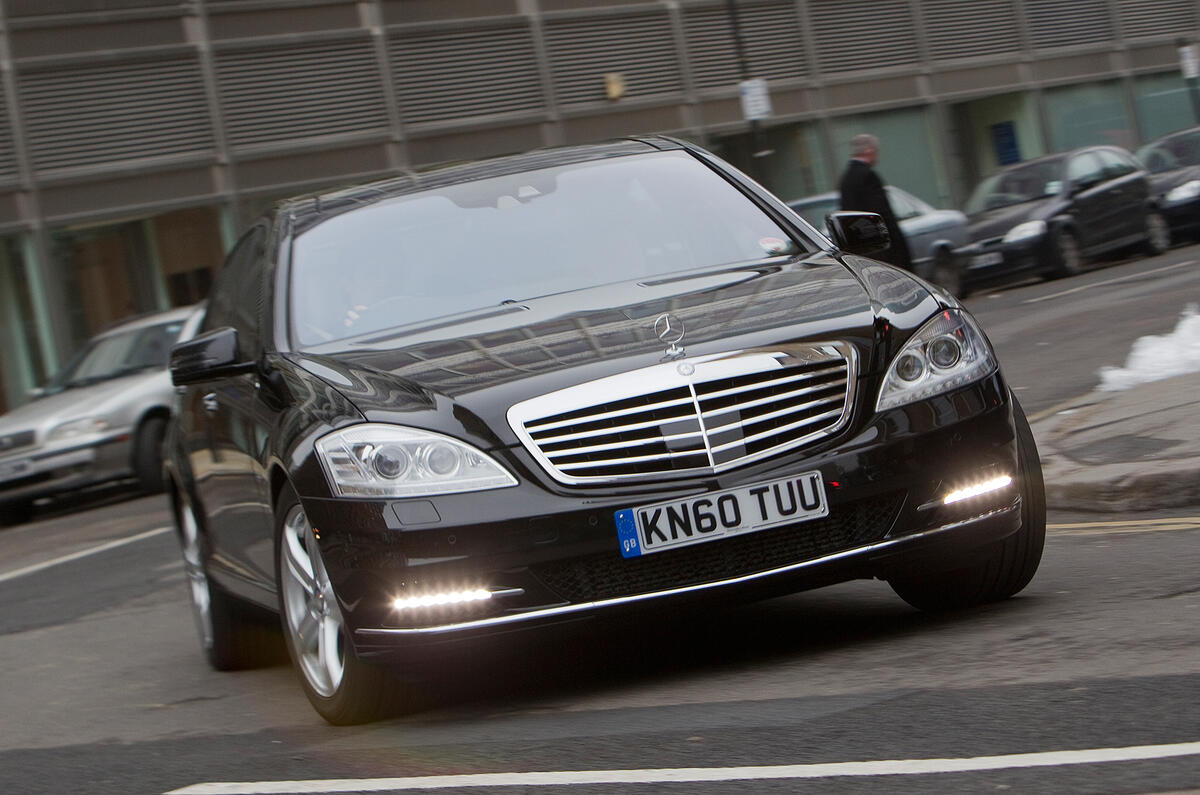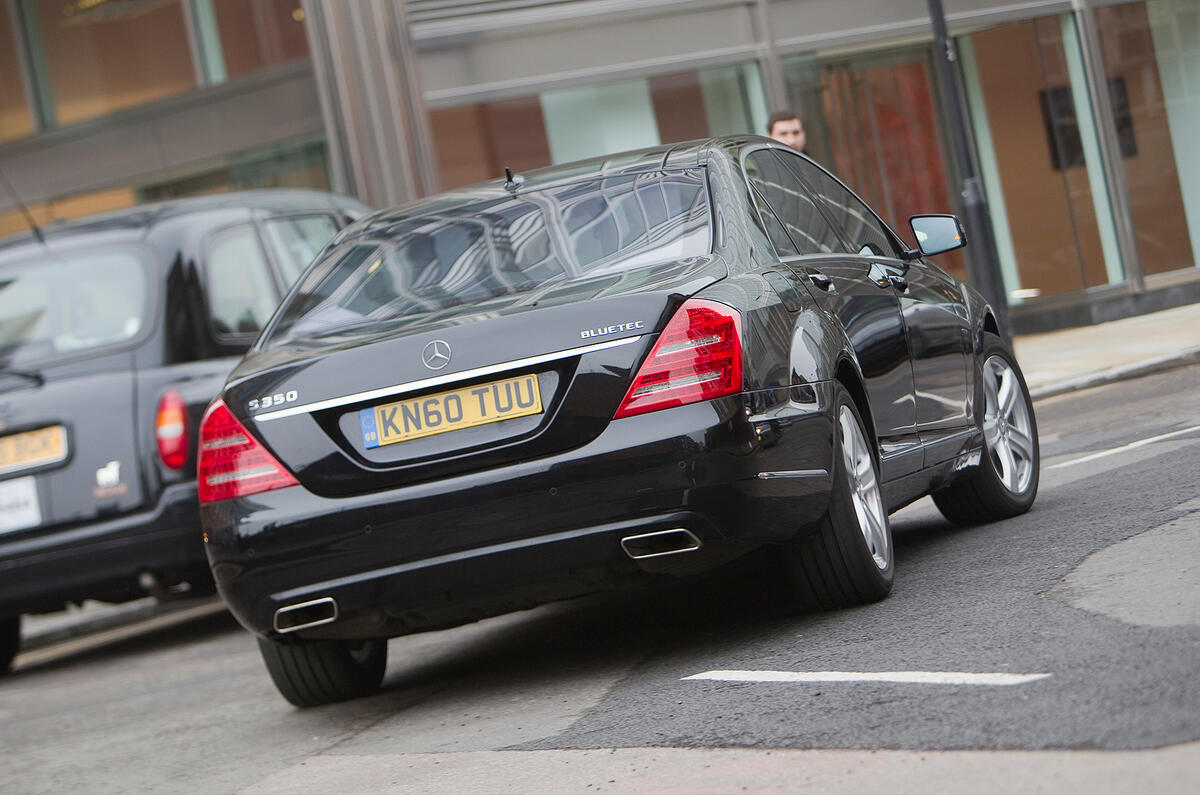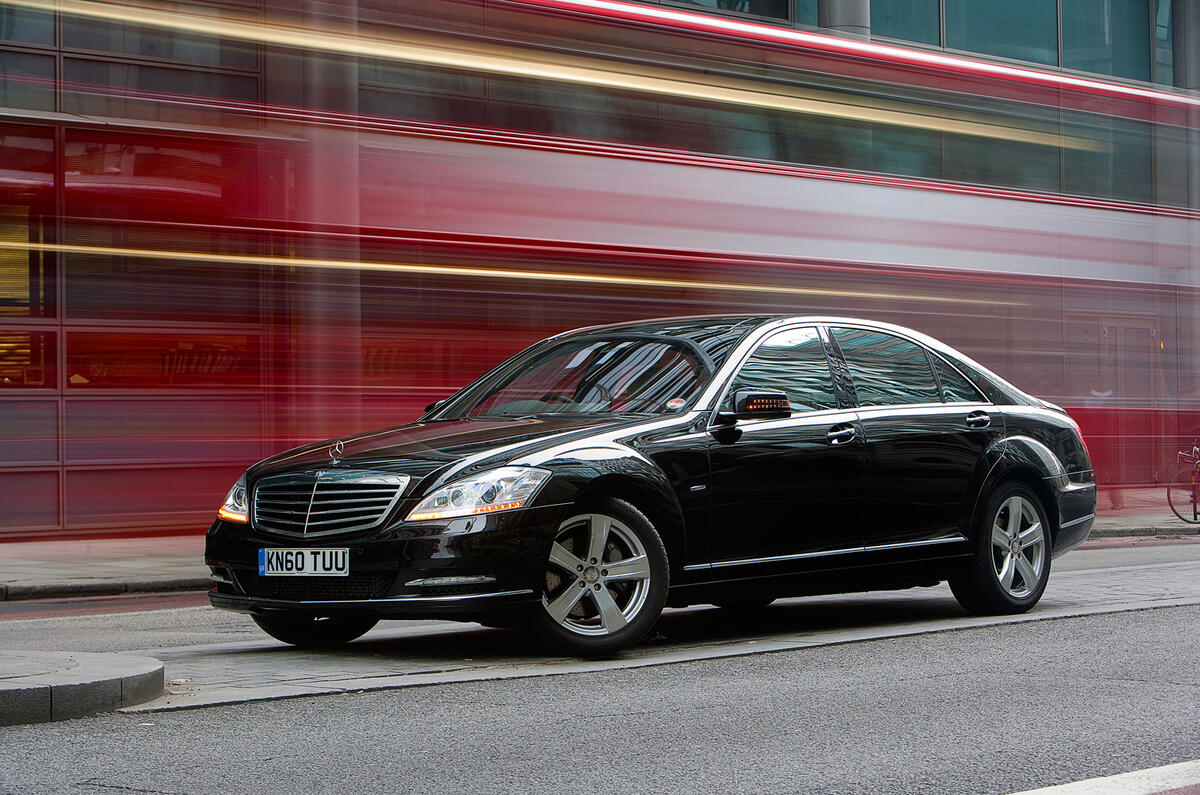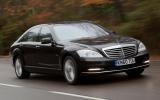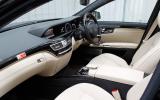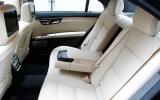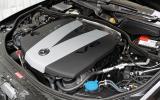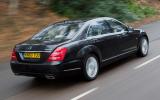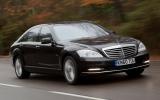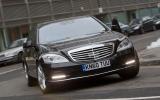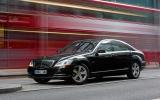Putting aside anything bearing the Spirit of Ecstasy or similar, is there a luxury saloon more revered than the Mercedes-Benz S-Class?
We think not, particularly in fifth-generation form. Between 2006 and 2013, everyone from celebrities to world leaders got around in them, often sitting behind a chauffeur. These days, it’s an uncommon sight.
After all, the W221-era Mercedes S-Class has long since been succeeded. That’s no bad thing, though. Now they have fully descended into the used market and examples are in reach of anyone with as little as £3000. Fancy a V8 one? There are some listed for less than £10,000.
The extensive engine line-up ranges from the S280’s 3.0-litre V6 to the S65’s 6.0-litre V12, although most buyers opt for the S320 and S350 CDi diesels. They have 232bhp and 268bhp respectively, with the S320 linked to pre-facelift cars (before 2010) and the S350 to those after.
Let’s circle back to that V12, though, because it’s ridiculous – in a good way. With 603bhp and twin turbos at its disposal, this engine pushes the 2.2-tonne S65 from 0-60mph in 4.4sec. Even the lesser S63, with a 6.2-litre or 5.5-litre V8 (depending on, again, which side of the facelift it falls under), puts in a sub-5.0sec effort.
Numbers tell you only so much, of course, so how does the S-Class drive? It deals with bumps like they don’t exist and is about as quiet as a church. The seats are suitably plush, too, with lots of adjustment and, should the original owner have chosen it, a massage function.


